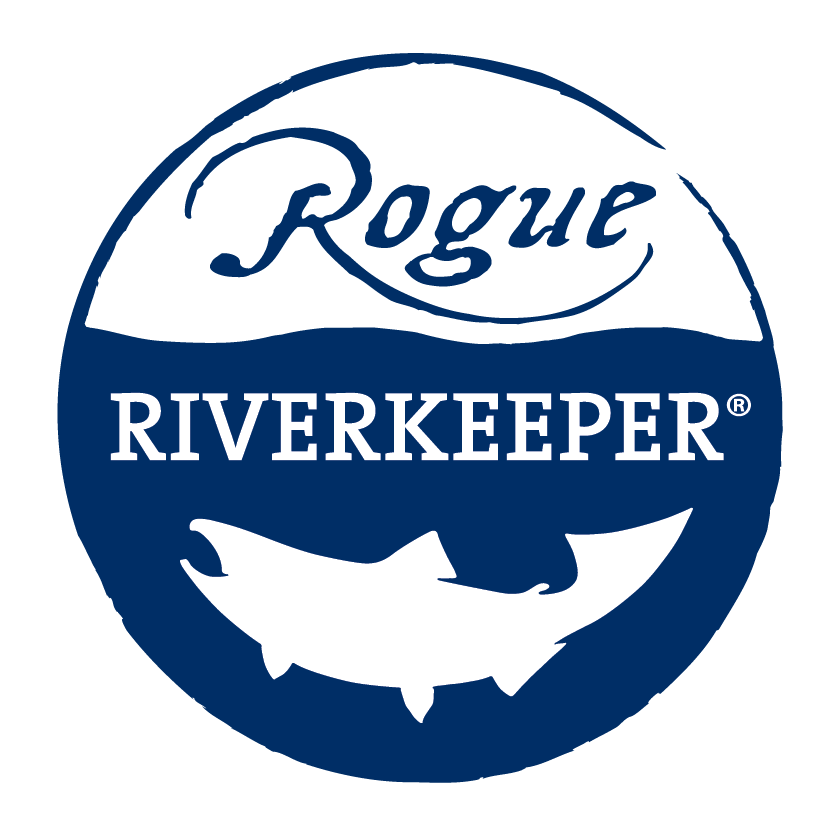Spring Update on Jordan Cove LNG
Department of State Lands Requests Extension for Permit Review
On March 5th, the Oregon Department of State Lands (DSL) extended the deadline by six months to make a decision to either approve or deny the “removal-fill” permit for the Jordan Cove LNG export terminal and Pacific Connector Pipeline.
Pembina, the company behind the Jordan Cove LNG project, must receive DSL approval to dramatically alter Coos Bay (one of the largest dredging projects in Oregon’s history) for the export terminal and for the proposed crossings of nearly 500 rivers and streams in southwest Oregon. DSL has both the authority and responsibility to deny this permit if the project would harm waterways or impact navigation, fishing, and public recreation.
Throughout the 60-day public comment period on the permit, DSL received more than 50,000 comments in opposition to the project and more than 3,000 people spoke out against the project in public hearings. The majority of attendees in Klamath, Jackson, Douglas, and Coos Counties were concerned about the impacts of the project on Oregon’s clean water and demanded that the agency deny the permit. If you attended any of these hearings and/or submitted comments, thank you!!!
A packed hearing room in Jackson County shows overwhelming opposition to the Jordan Cove LNG project.
With this extension, Jordan Cove LNG is now more than one year behind its schedule for the project. The company planned to qualify for all state, federal, and local permits by the end of 2018. As of February, Jordan Cove LNG has not qualified for any state or federal permits and has even lost critical land use permits in both Coos and Douglas Counties.
The DSL can deny the permit if it determines that the 229-mile pipeline and export terminal would degrade water quality for fishing, recreation, and transportation. This extension means that the DSL will be able to fully review the substantial comments submitted in opposition to the project. DSL will announce their decision by September 20, 2019. More information from the Oregon Department of State Lands can be found at: https://www.oregon.gov/dsl/WW/Pages/jordancove.aspx
Rogue Riverkeeper is working closely with our partners like Rogue Climate to track these permit processes, generate thousands of comments, and put pressure on our state agencies and Governor Brown to stand up for clean water and Oregonians by denying these permits. Sign the petition to ask Governor Brown to stop this project and sign up for our emails to get the latest updates!
Federal Energy Regulatory Commission’s (FERC) Environmental Review Process on the Horizon
Jordan Cove isn’t letting up, and neither are we!
2019 will be a year filled with opportunities to stop this project in its tracks. One of the best ways to put pressure on our state and federal agencies to stop this project is by submitting comments and showing up to hearings.
The Federal Energy Regulatory Commission (FERC), the federal agency responsible for reviewing and approving large natural gas pipelines, will likely begin its environmental review of the project this spring. Under the National Environmental Policy Act (NEPA), federal agencies prepare an Environmental Impact Statement (EIS) if a major federal action, such as the Jordan Cove project, is determined to significantly affect the environment. According to FERC, the federal agencies will release the Draft Environmental Impact Statement (DEIS) sometime in late March or early April, which will be followed by a 90-day comment period and subsequent hearings.
What does this mean?
The FERC is responsible for looking at every aspect of this project from tribal impacts to commerce to harm to salmon and waterways. The DEIS is the first iteration of a massive document covering all of these aspects to see what the impacts from this project would be and whether they outweigh the so called “benefits”.
If you remember, in 2016 after reviewing the Final Environmental Impact statement and the thousands of public comments, the FERC denied the certificate for Jordan Cove LNG based on the fact that the negative impacts to landowners through eminent domain outweighed the so called “benefits” of the project. Under the current administration, it will likely be even harder to get a denial from the FERC.
We must turn out in huge numbers to show the state of Oregon and the Feds that WE DO NOT WANT THIS PROJECT!
Lesley Adams testifies in packed room at 2015 FERC hearing.
Join us for a No LNG Exports Lobby Day!
The State of Oregon has authority to stop the Jordan Cove LNG export terminal and Pacific Connector fracked gas pipeline, but Governor Brown and many of our state legislators still have not come out against it. On Thursday, March 28th communities across Oregon will go to the Oregon State Capitol in Salem to meet with our legislators to tell them why this project is not a good idea for Oregon and to ask them to oppose the Jordan Cove LNG Export project.
Click on the button above to fill out the RSVP form if you're interested in joining the "2019 No LNG Lobby Day" on Thursday, March 28. The day will include a lobby training in the morning and meetings with your legislators throughout the day. We hope you can make it!
A massive crowd gathers in Salem to say No LNG, No Pipeline!



